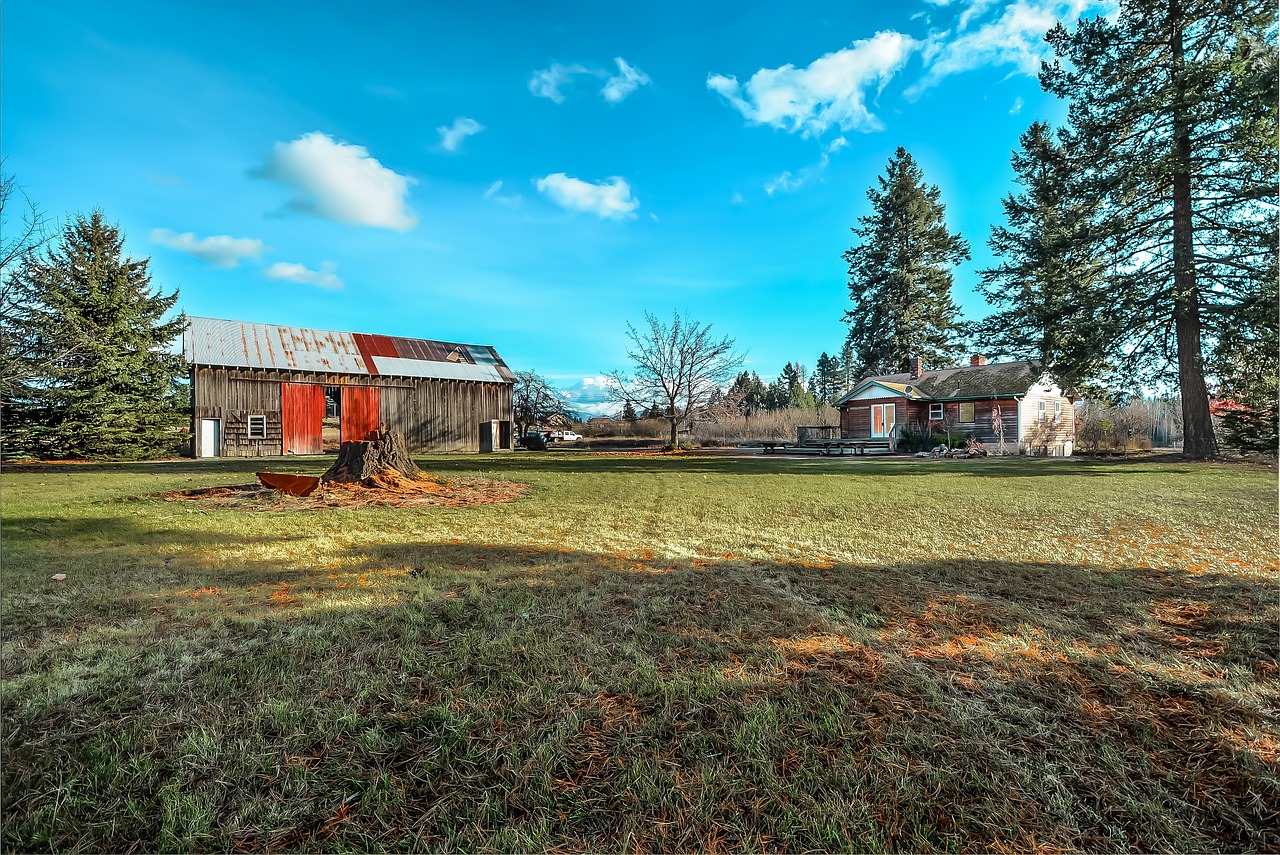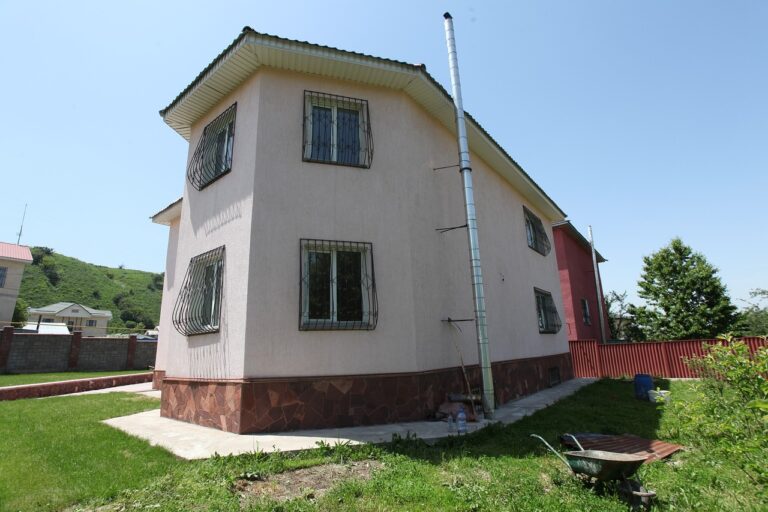The Importance of Proper Insulation in Home Improvement
99exch.com login, laser247 com, yolo 24/7 login: When it comes to home improvement projects, many homeowners focus on the visual aspects such as painting, flooring, and furniture. While these aspects are important, one crucial element that should not be overlooked is proper insulation. Insulation plays a vital role in keeping your home comfortable, energy-efficient, and free from moisture-related issues. In this article, we will discuss the importance of proper insulation in home improvement and why you should make it a priority in your next renovation project.
What is insulation, and why is it important?
At its core, insulation is a material that slows down the transfer of heat between two spaces. In simple terms, insulation helps to keep warm air inside your home during the winter and prevents cool air from escaping during the summer. By creating a barrier between the interior and exterior of your home, insulation helps to maintain a consistent temperature and reduce the workload on your heating and cooling systems.
Proper insulation is essential for several reasons. Firstly, it helps to reduce energy consumption and lower utility bills. When your home is well-insulated, your HVAC system does not have to work as hard to maintain a comfortable temperature, resulting in lower energy expenses. Additionally, proper insulation can increase the resale value of your home. Prospective buyers are increasingly looking for energy-efficient properties, and a well-insulated home can be a major selling point.
Types of insulation
There are several types of insulation available on the market, each with its own set of advantages and disadvantages. The most common types of insulation include:
– Fiberglass: Fiberglass insulation is one of the most popular choices for homeowners due to its affordability and ease of installation. It consists of glass fibers and is available in batts, rolls, or loose-fill form.
– Cellulose: Cellulose insulation is made from recycled paper treated with fire-retardant chemicals. It is an eco-friendly option that provides excellent thermal performance.
– Spray foam: Spray foam insulation is a high-performance option that expands to fill gaps and cracks, creating airtight seals. While more expensive than other types of insulation, it offers superior energy efficiency.
– Reflective insulation: Reflective insulation consists of foil-faced materials that reflect heat away from the home. It is often used in attics and crawl spaces to control heat transfer.
The importance of proper insulation in different areas of your home
Proper insulation is essential in various areas of your home to ensure optimal energy efficiency and comfort. Here are some key areas where insulation plays a crucial role:
– Attic: Adequate attic insulation is essential for preventing heat loss in the winter and heat gain in the summer. Insulating your attic can significantly reduce energy costs and improve the overall comfort of your home.
– Walls: Wall insulation helps to maintain a consistent temperature inside your home and reduce noise transfer between rooms. Properly insulated walls can improve energy efficiency and enhance indoor comfort.
– Floors: Insulating the floors can help to prevent heat loss through the ground and make your home more energy-efficient. Floor insulation is particularly important in homes with crawl spaces or unheated basements.
– Basement: Insulating the basement walls can help to prevent moisture issues and improve energy efficiency. Proper insulation can also help to create a more comfortable living space in the basement.
FAQs about insulation in home improvement
1. How do I know if my home needs more insulation?
If you notice drafts, uneven temperatures, or high energy bills, your home may benefit from additional insulation. A professional insulation contractor can assess your home’s insulation levels and recommend the best course of action.
2. How much insulation do I need?
The amount of insulation required depends on factors such as climate, building design, and insulation type. A professional contractor can determine the optimal insulation levels for your home based on these factors.
3. Can I install insulation myself?
While some types of insulation, such as fiberglass batts, can be installed by homeowners, it is generally best to hire a professional contractor for insulation installation. A professional installer can ensure that the insulation is properly installed and meets building codes.
4. How long does insulation last?
Most types of insulation have a lifespan of 20-30 years. Over time, insulation can settle, compress, or degrade, reducing its effectiveness. If your insulation is nearing the end of its lifespan, it may be time to replace it.
In conclusion, proper insulation is a crucial element of home improvement that should not be overlooked. By investing in quality insulation, you can improve energy efficiency, enhance indoor comfort, and increase the resale value of your home. Whether you are renovating an older home or building a new one, prioritizing insulation can lead to long-term benefits for you and your family.







